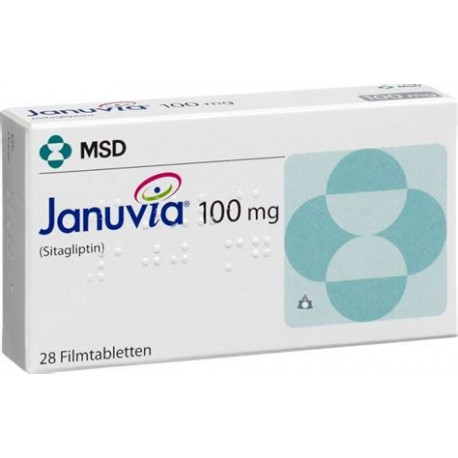

Buy GLUCOPHAGE (METFORMIN HYDROCHLORIDE) 1000 Online
$17.94
CHARACTERISTICS
ACTIVE SUBSTANCE METFORMIN HYDROCHLORIDE
FORM 100 PILLS X 1000 MG
MANUFACTURER MERCK

Buy GLUCOPHAGE (METFORMIN HYDROCHLORIDE) 1000 Online
$17.94
- Description
- Reviews (0)
Description
Description: GLUCOPHAGE is a medication containing the active ingredient Metformin Hydrochloride, which belongs to the class of biguanide antidiabetic drugs. It is available in various formulations, including immediate-release tablets, extended-release tablets, and oral solutions. Metformin is widely used to manage type 2 diabetes mellitus, a metabolic disorder characterized by insulin resistance and high blood sugar levels.
Uses: GLUCOPHAGE is prescribed for the following purposes:
- Type 2 Diabetes Mellitus: It is primarily indicated for the management of type 2 diabetes mellitus, either as monotherapy or in combination with other antidiabetic medications. Metformin helps control blood sugar levels by reducing hepatic glucose production, enhancing insulin sensitivity, and improving glucose utilization in peripheral tissues.
How to Use: GLUCOPHAGE tablets are usually taken orally, with meals, to reduce gastrointestinal side effects. The dosage and frequency of administration are determined based on the patient’s medical condition, response to treatment, and kidney function. Extended-release formulations may be taken once daily, while immediate-release tablets may require multiple daily doses.
Storage Conditions: GLUCOPHAGE tablets should be stored at room temperature, away from moisture, heat, and direct sunlight. It is essential to keep the medication in its original packaging and to store it out of reach of children and pets.
Mechanism of Action: Metformin Hydrochloride works primarily by:
- Decreasing hepatic glucose production by inhibiting gluconeogenesis.
- Enhancing insulin sensitivity in peripheral tissues, such as muscle and adipose tissue.
- Improving glucose uptake and utilization by cells, particularly in skeletal muscle.
Precautions:
- Patients should be monitored regularly for blood glucose levels, renal function, and vitamin B12 levels during Metformin therapy.
- GLUCOPHAGE should be temporarily discontinued before any radiographic study involving intravascular administration of iodinated contrast agents to reduce the risk of lactic acidosis.
Contraindications: GLUCOPHAGE is contraindicated in individuals with:
- Known hypersensitivity to Metformin Hydrochloride or any of its components.
- Severe renal impairment (creatinine clearance <30 mL/min) or end-stage renal disease.
- Acute or chronic metabolic acidosis, including diabetic ketoacidosis.
Drug Interactions: Metformin may interact with certain medications, including diuretics, corticosteroids, and beta-adrenergic agonists, which may affect blood glucose levels and necessitate dosage adjustments or monitoring.
Side Effects: Common side effects of GLUCOPHAGE may include gastrointestinal disturbances such as nausea, vomiting, diarrhea, and abdominal discomfort. These side effects are usually transient and can be minimized by taking the medication with meals or using extended-release formulations. Serious adverse reactions, although rare, may include lactic acidosis, vitamin B12 deficiency, and allergic reactions.
Patients should consult their healthcare professionals for personalized advice and information regarding GLUCOPHAGE, including its uses, dosage, and potential side effects.
Be the first to review “Buy GLUCOPHAGE (METFORMIN HYDROCHLORIDE) 1000 Online” Cancel reply
Related Products
Buy GLUCOPHAGE (METFORMIN HYDROCHLORIDE) 850 Online
Total Sales: 0
SKU: 746922








Reviews
There are no reviews yet.